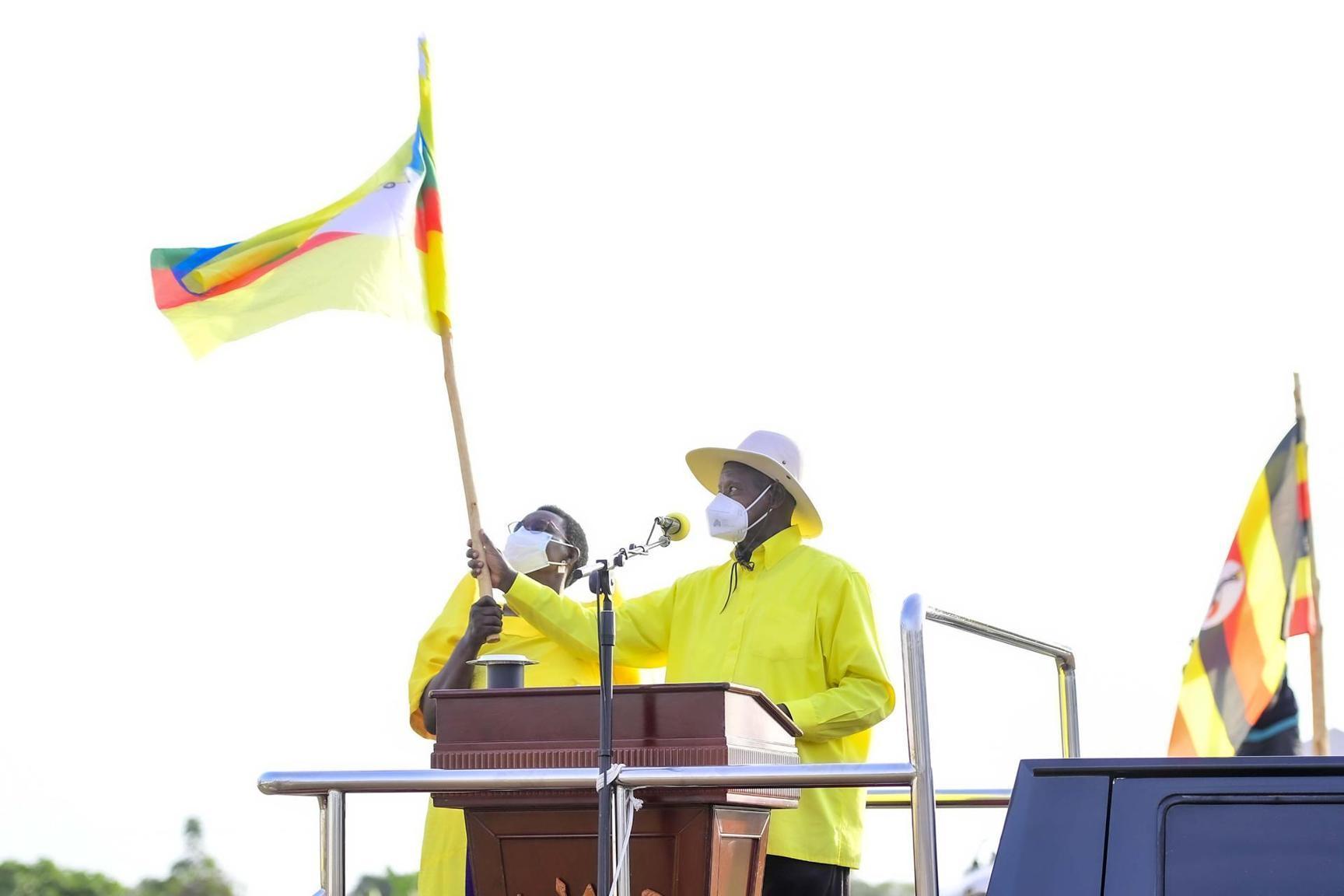Africa-Press – Uganda. As the 2026 general elections draw closer, political parties and analysts are sounding the alarm over a wave of opportunistic defections—what some have dubbed “meal card politics”—with politicians switching allegiances not out of ideology but in pursuit of economic and political safety nets.
Several parties have reported an influx of new members from rival formations, stirring both optimism and unease about the motives behind these movements.
“While we welcome new members, not everyone comes with clean intentions,” said David Lewis Rubongoya, Secretary General of the National Unity Platform (NUP).
“We must question whether these crossovers are driven by ideology or by hope of eating at the table of power.”
The ruling National Resistance Movement (NRM), often the preferred destination for defectors, maintains confidence in its pull. But even within its leadership, concerns about motive linger.
“When someone joins NRM, we look at the value they add—not just their name or past,” said Emmanuel Dombo, the party’s Director of Communication.
“We cannot be a dumping ground for every political adventurer.”
Political analyst Elias Tumwebaze described the phenomenon as a classic case of “meal card politics,” in which political loyalty is traded for survival and personal gain.
“Some politicians are not crossing over to serve the people,” he said. “They are crossing over to serve themselves, hoping for ministerial appointments or government tenders.”
Veteran political scholar Dr Gerald Karyeija of the Uganda Management Institute attributed the growing trend to deep internal fractures within many parties.
“Most of these crossovers stem from unresolved internal conflicts, power struggles, and lack of internal democracy,” Dr Karyeija said.
“But the real question is—how do we tell a genuine crossover from a political con artist?”
Observers note that while parties often boast about attracting defectors as a sign of momentum, their former homes are left to reckon with disruption—sometimes triggering long-overdue structural reform.
“Where one party gains, another loses,” Tumwebaze added. “But if the gain is hollow, the loss might be a blessing in disguise.”
With political support increasingly viewed as transactional and loyalty as fleeting, parties are being urged to prioritise values over numbers.
“Let’s not just open doors,” Rubongoya said. “Let’s open eyes, too.”
As Uganda barrels toward the next election cycle, the growing number of what critics call opportunistic crossovers raises fundamental questions about political accountability, voter trust, and the soul of multiparty democracy.
For More News And Analysis About Uganda Follow Africa-Press






